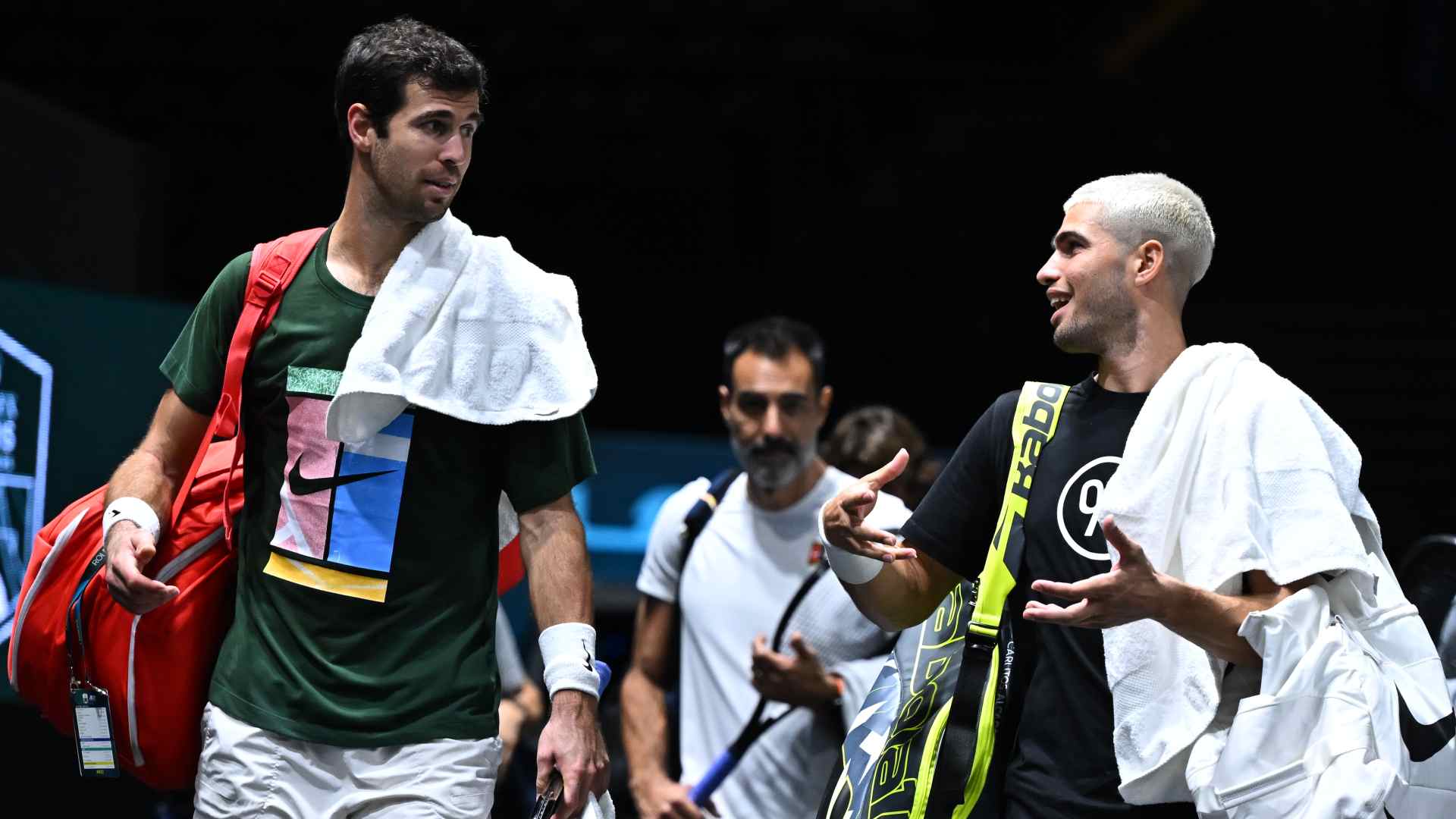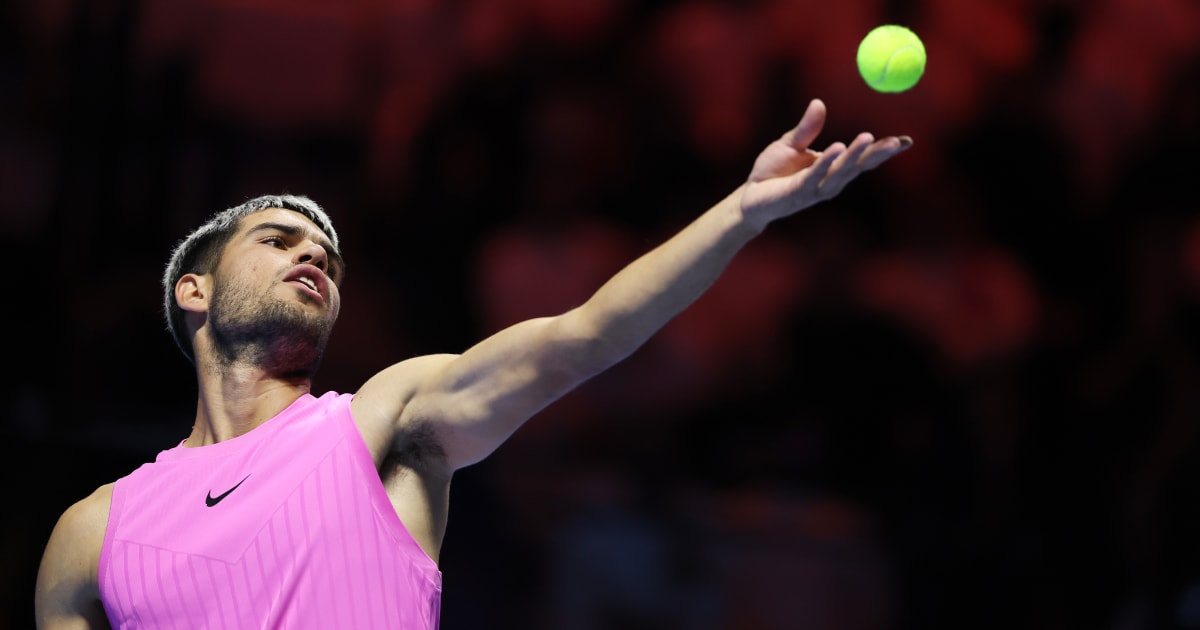Sydney 2000 Paralympics changed everything for the Paralympic movement
Claiming a silver medal in the women's S6 400m Freestyle at the Sydney Paralympic Games 25 years ago was memorable, but it was the celebration and support of disability I saw from the public that really gave me hope for a more inclusive future.It was the Games that changed the Paralympic movement forever.As a 16-year-old, I raced in 1996 in Atlanta, a Games that set an incredibly low bar for the Paralympic movement and its 36-year history.Many Paralympians felt they were treated like second-class citizens, with the athletes' village and venues strewn with rubbish after the Olympics, decorative plants around the village dying in the hot summer heat, and media and public support virtually non-existent.Something had to give.There was a fundamental shift in Sydney, brought about by a collective effort from across the board, from athletes, organising committees, broadcasters and sponsors.Closer cooperation between the Olympic and Paralympic committees led to better alignment between both Games in Sydney.In the lead-up, athletes were also allocated local schools to visit, with the students bussed to the Paralympics to support their athletes.After the Games, more people knew what the Paralympics was; chatting to strangers, many would tell me they had been there watching the swimming, or the athletics or wheelchair tennis and basketball.Unlike in 1996, when we walked out onto pool decks and into stadiums where stands were mostly empty, in Sydney, more than a million tickets were sold and 96 hours of live television coverage was shown.We, the athletes, felt truly seen, heard, and — importantly — celebrated.When you have pop princess Kylie Minogue singing Celebration at your opening ceremony, you know you have well and truly made it.Sydney Games were empoweringSport and the Paralympics changed so much about the way that I viewed myself, purely because of the connection it gave me to other young people with disabilities.Growing up with a disability in Australia in the late 70s and 80s meant being subjected to outdated stereotypes and ways of thinking when it came to the inclusion of people with disabilities.From our elderly neighbour asking my parents when they were putting me in an institutional home, to my parents fighting to get me included at the local primary school, it has always been a battle to feel included in a non-disabled world.I had lots of non-disabled friends, but never seeing anyone like me in the community was hard, I had no-one who understood what it was like to live with a disability.Then I started swimming and discovered the world's biggest sporting event for athletes living with disabilities — the Paralympics.The Australian team at Sydney was the largest that had ever been sent to a Paralympics, and being part of it opened my eyes to the importance of solidarity within the disability community.Instead of being self-conscious about my limb difference, I felt like my disability was a key aspect of my worth and value; without my disability, I would not have been there competing.In the athletes' village there was no staring or derogatory comments, just recognition of the strength and skills of our different bodies and minds.I was teammates with athletes I had looked up to for years, from fellow swimmer Priya Cooper to Louise Sauvage and Libby Kosmala, athletes who were being publicly recognised for their sporting successes, and not just their disabilities.It felt empowering to be part of something we tangibly felt was changing the way disability was and would be viewed in the future, especially in sport.'Prism of possibility'Sydney influenced and ultimately changed my life through a prism of possibility.From a child who felt unsure about her future, to a young adult claiming medals at her home Games, to a journalist who now reports on the Paralympics and Para sports, these Games continue to echo throughout my life.That sense of possibility really began with the silver medal I won.On the back foot already, I went into the race ranked 15th in the world, I then false-started the race, but fought back to come second.That moment of touching the wall and looking around desperately to see where I had finished still feels surreal, even 25 years later.It was a watershed moment in the belief that you could be disabled and succeed.Claiming medals in front of family and a home crowd, at a home Games, was beyond a dream for all of us athletes.But at the end of the day, it was the team's growth and the lasting influence on the Paralympic movement that was the true legacy of Sydney.









